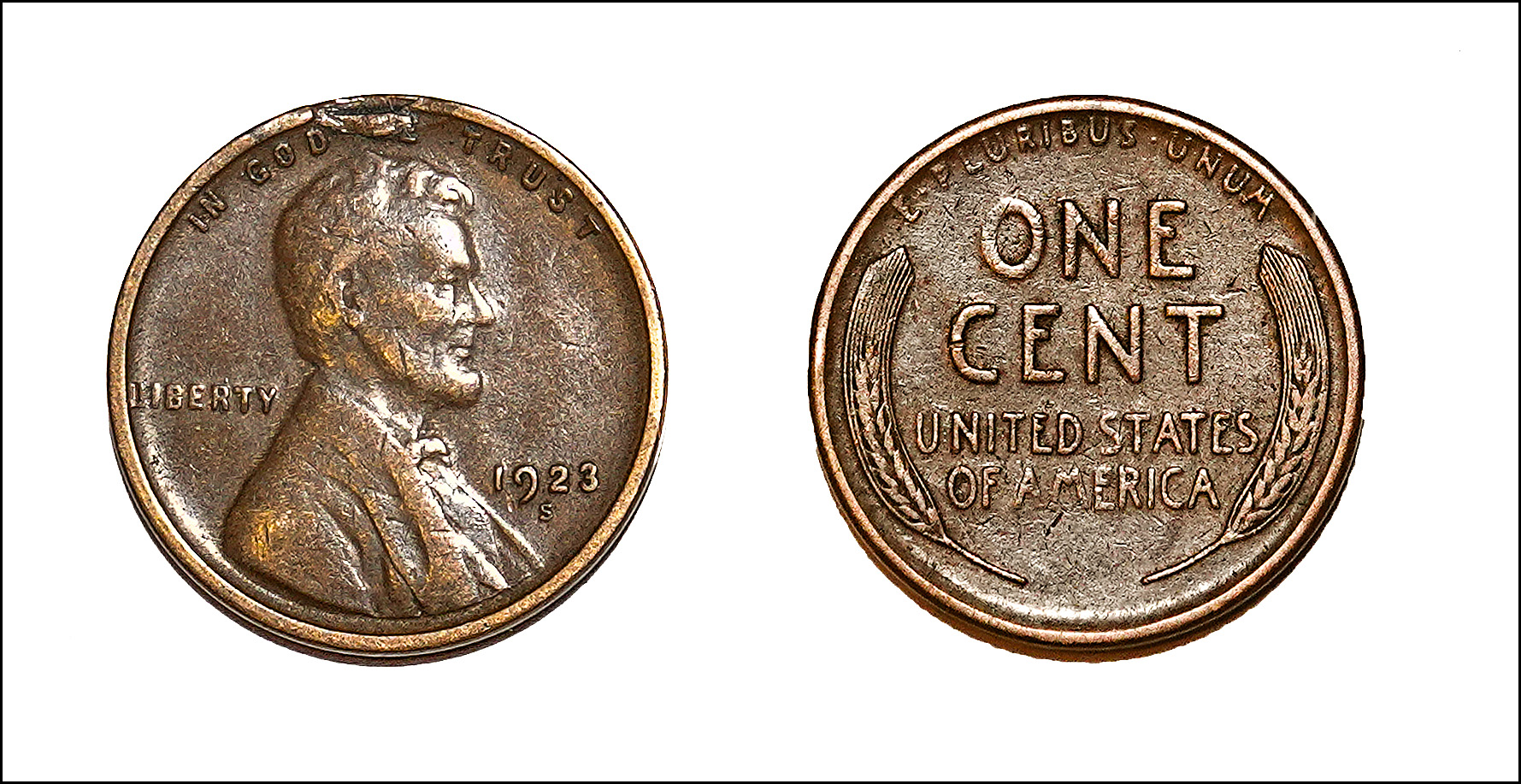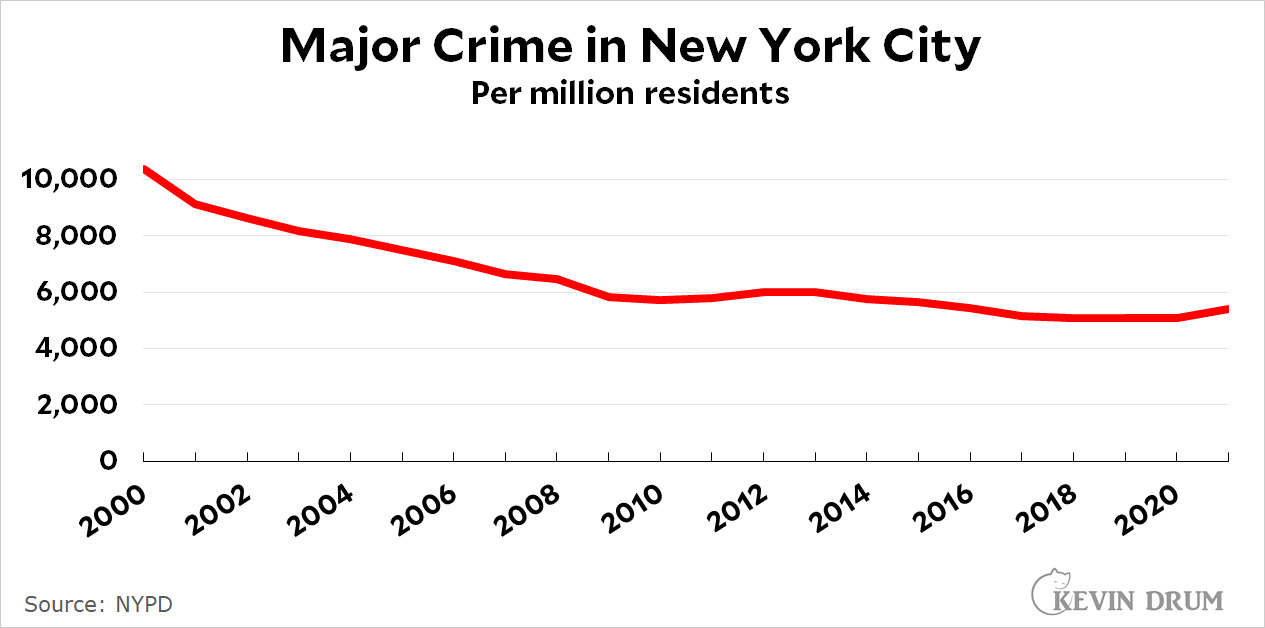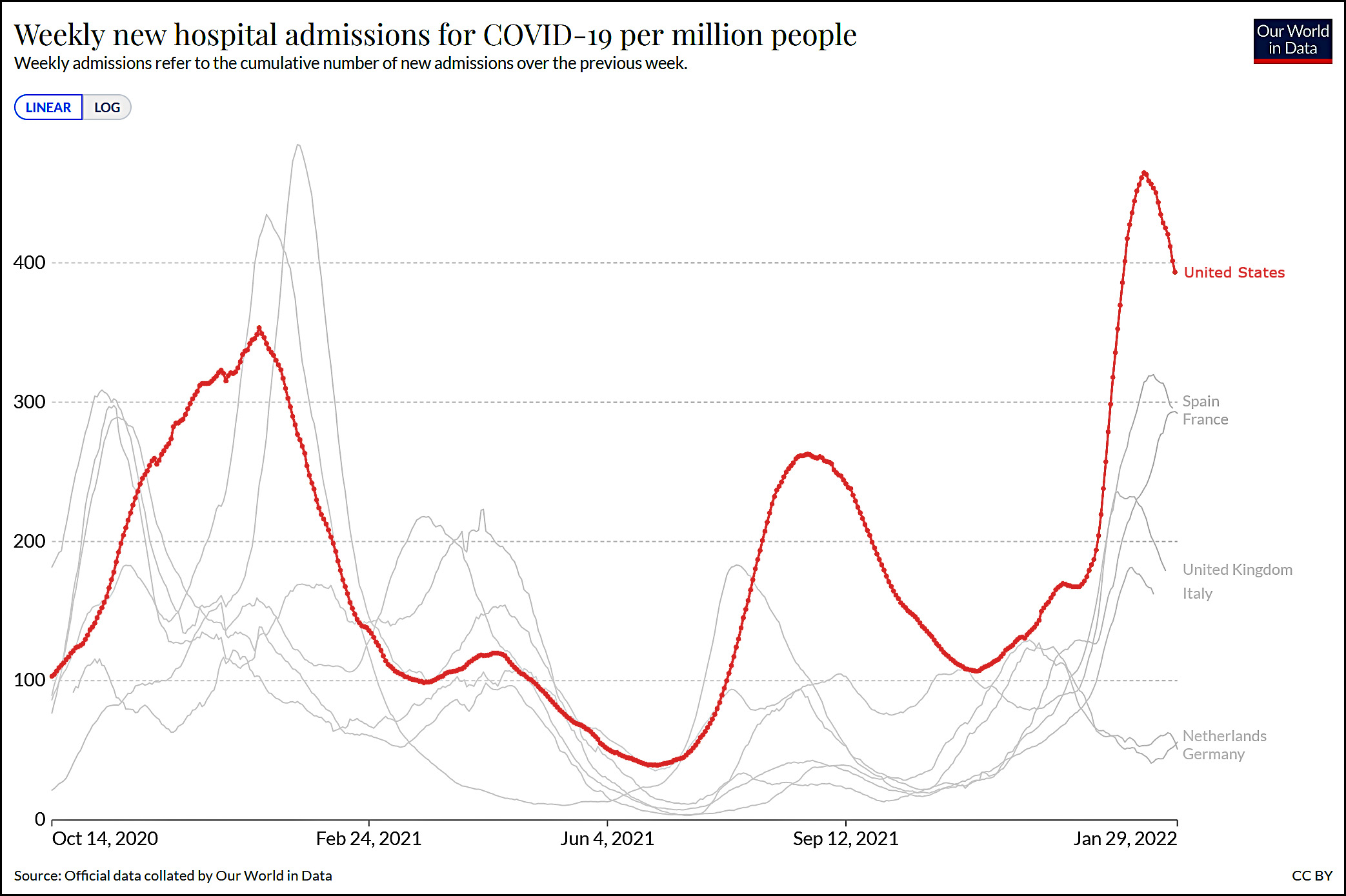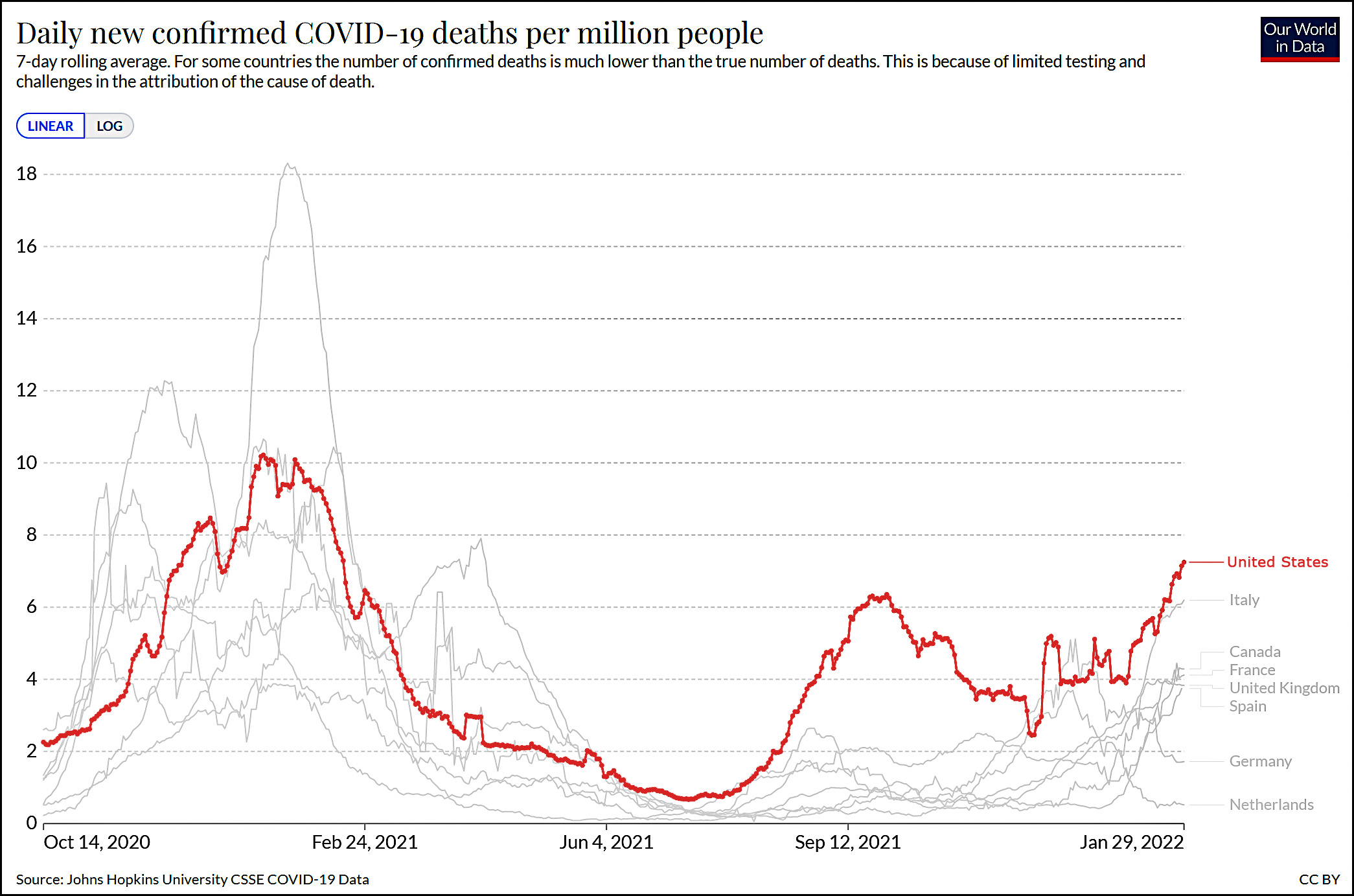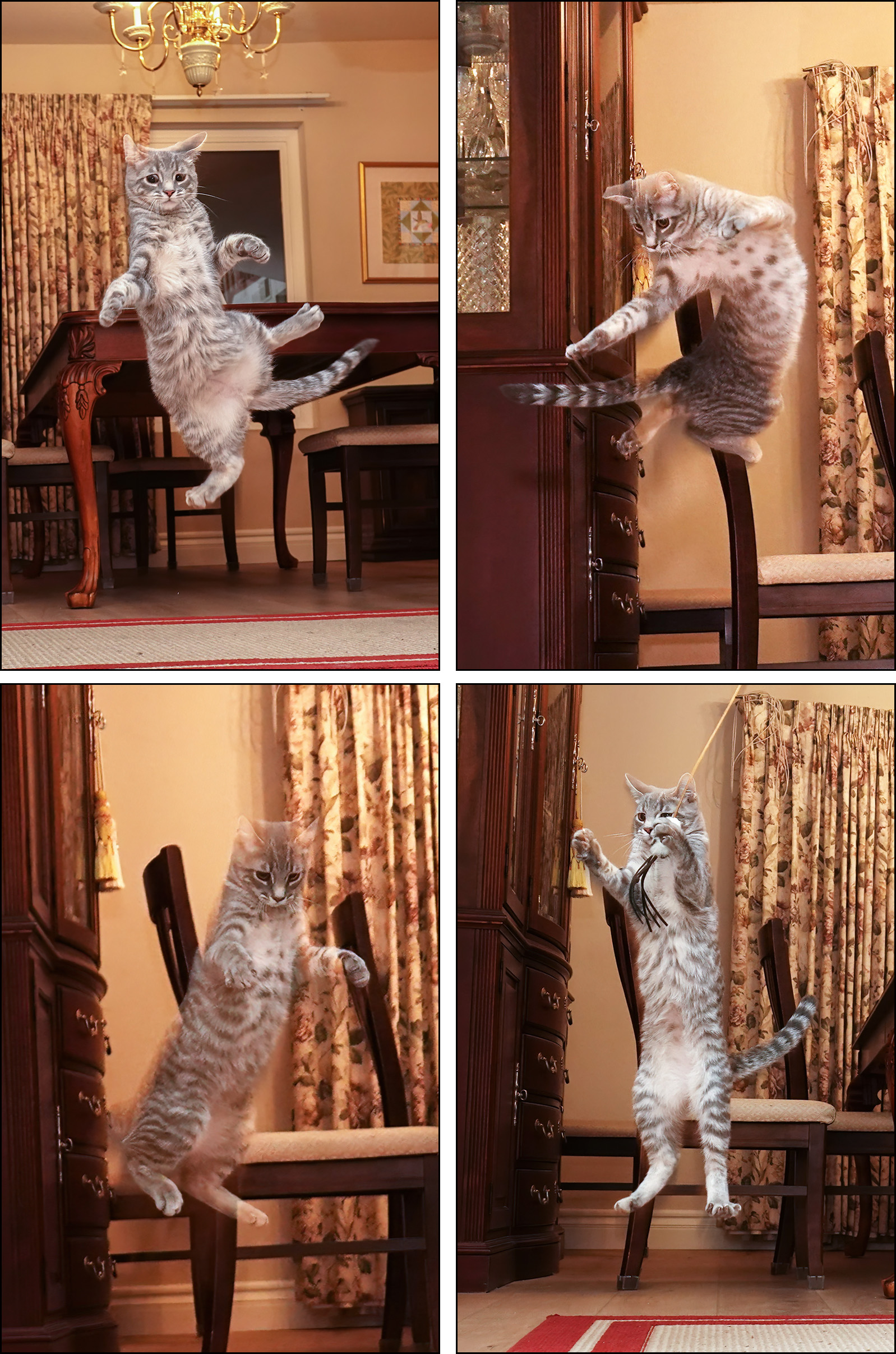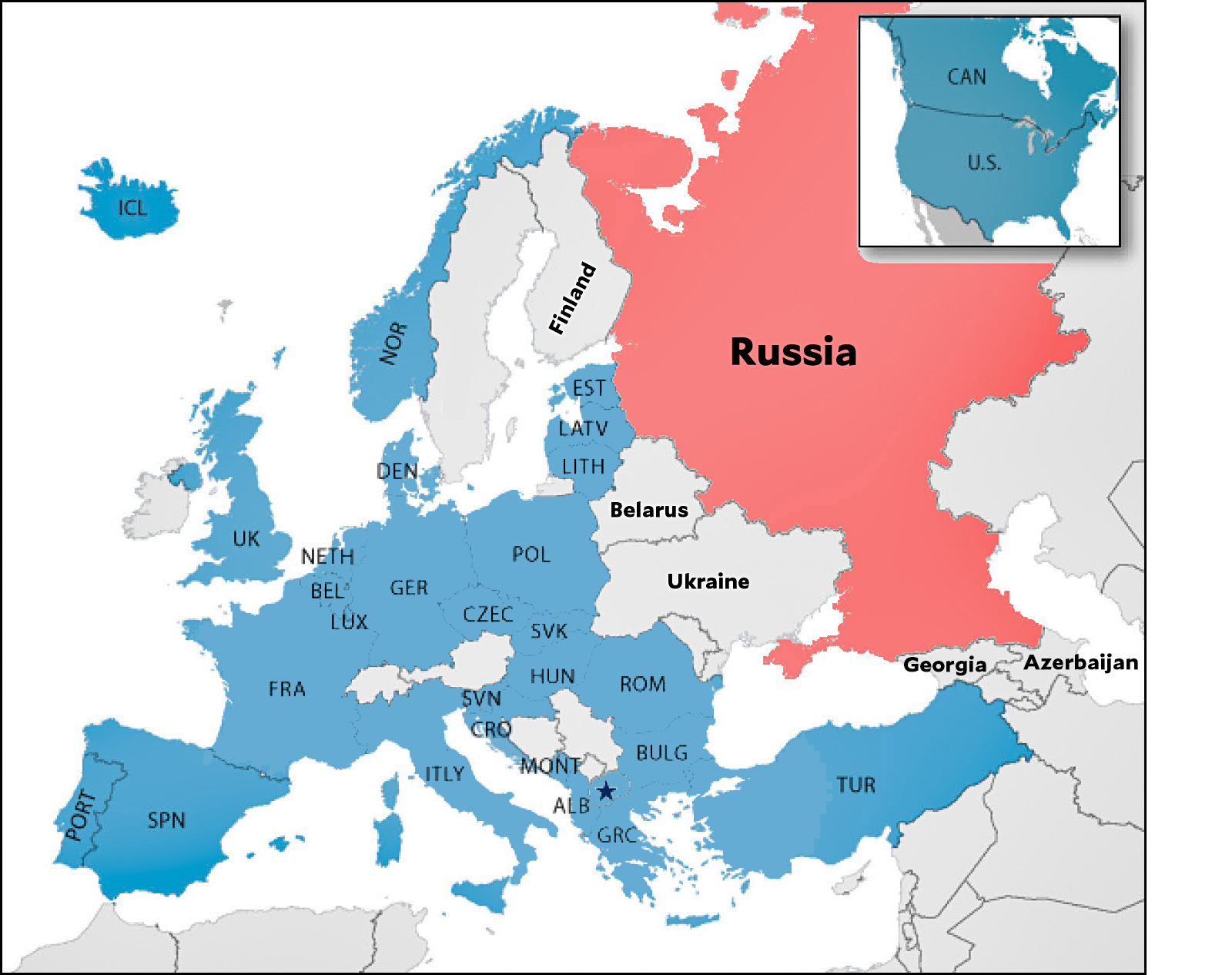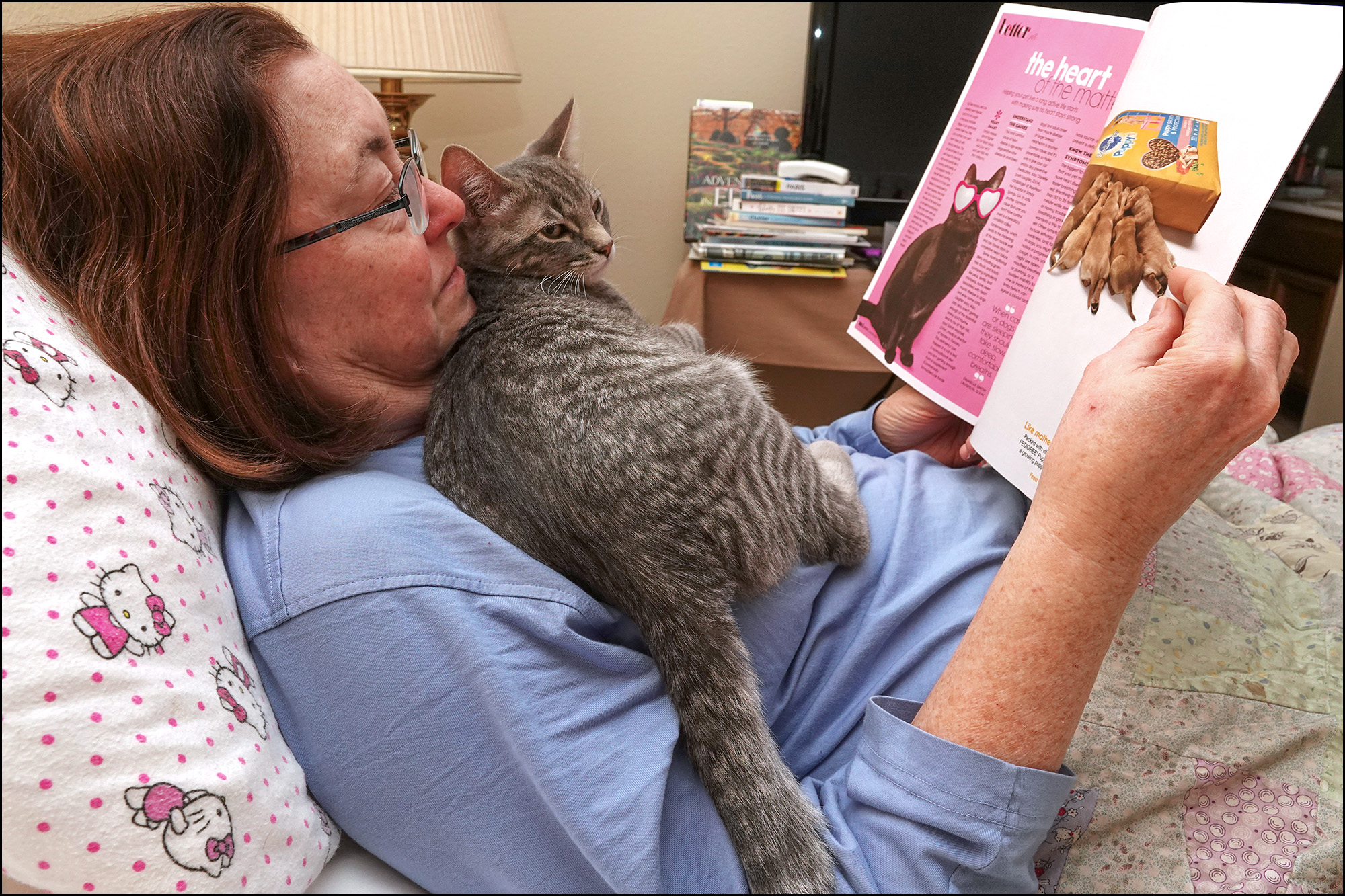I keep thinking about Democrats vs. Republicans and why some things that seem so obvious to me are just as obviously not widely accepted among my fellow liberals. We all agree that Trump is a racist, a buffoon, a narcissist, and a vindictive prick, but too many of us spend all our time being performatively outraged about this so that we can avoid dealing with the real flashing red siren Trump represents: namely that lots of people vote for him anyway. Let's say that again: despite the fact that even a lot of his supporters understand just how appalling Trump is, they'd still rather vote for him than for a Democrat.
Why? I was brought up to believe in evolution, quantum mechanics, and the median voter theorem. However, the usual interpretation of the MVT is that a winning candidate is the one closest to the median voter. This implicitly assumes that the comparison is a positive one: the winning candidate is the one who has the most in common with the median voter.
I've always thought it's the other way around: we vote more against the party (or candidate) we hate rather than for the party we like. The median voter theorem still holds, but my version tells us that the losing candidate is the one who's closest to what the median voter hates. This is a little different from the usual MVT since what we like and what we hate aren't necessarily mirror images.
Are you with me so far? The upshot of this is that for a Democratic candidate to win, he or she needs to convince voters to hate Republicans more than their opponent convinces them to hate Democrats. In a nutshell, negative advertising works. The dark side is more powerful than you know.
So if Trump is as bad as we think—and he is—liberals should be aghast that a fair number of centrists hate us even more than they hate Trump. How can this be? It's unsurprising that Trump has a base, since both parties have a base that hates the other side with a passion. But in that middle ground, what is it about liberals that scares so many relatively moderate folks into voting against us even if it means voting for Trump or one of his spear carriers? And how have Republicans been so successful in demonizing us? Is it solely messaging? Certainly Fox News has a lot of influence. Or is it also related to our actual policy positions on emotionally-laden topics like immigration, guns, wokeness, and so forth?

God knows I've made it clear that I think Fox News is responsible for a lot of this. But all of it? That strikes me as unlikely, and it hardly matters anyway since Fox News isn't going anywhere. Like it or not, the plain reality is that lots of non-insane people find us really scary. On the mirror side, the kinds of scariness we throw at the Trumpies just isn't hitting the mark. Centrists already know Trump is a racist, a buffoon, a narcissist, and a vindictive prick. They already know this, but they've decided that even though he's a son of a bitch, at least he's their son of a bitch. They know no such thing about liberals.
Life should be good for liberals right now. The Republican Party has gone insane and is led by a guy who makes Ted Cruz look like George Washington. We should be kicking their asses all over the place. But we're not. We've tossed away the chance of a lifetime.
Figuring out what our problem is requires lots of dispassionate, clear-eyed thinking in response to a simple question: What is it about us that scares so many people? I sure wish that weren't in such short supply.

